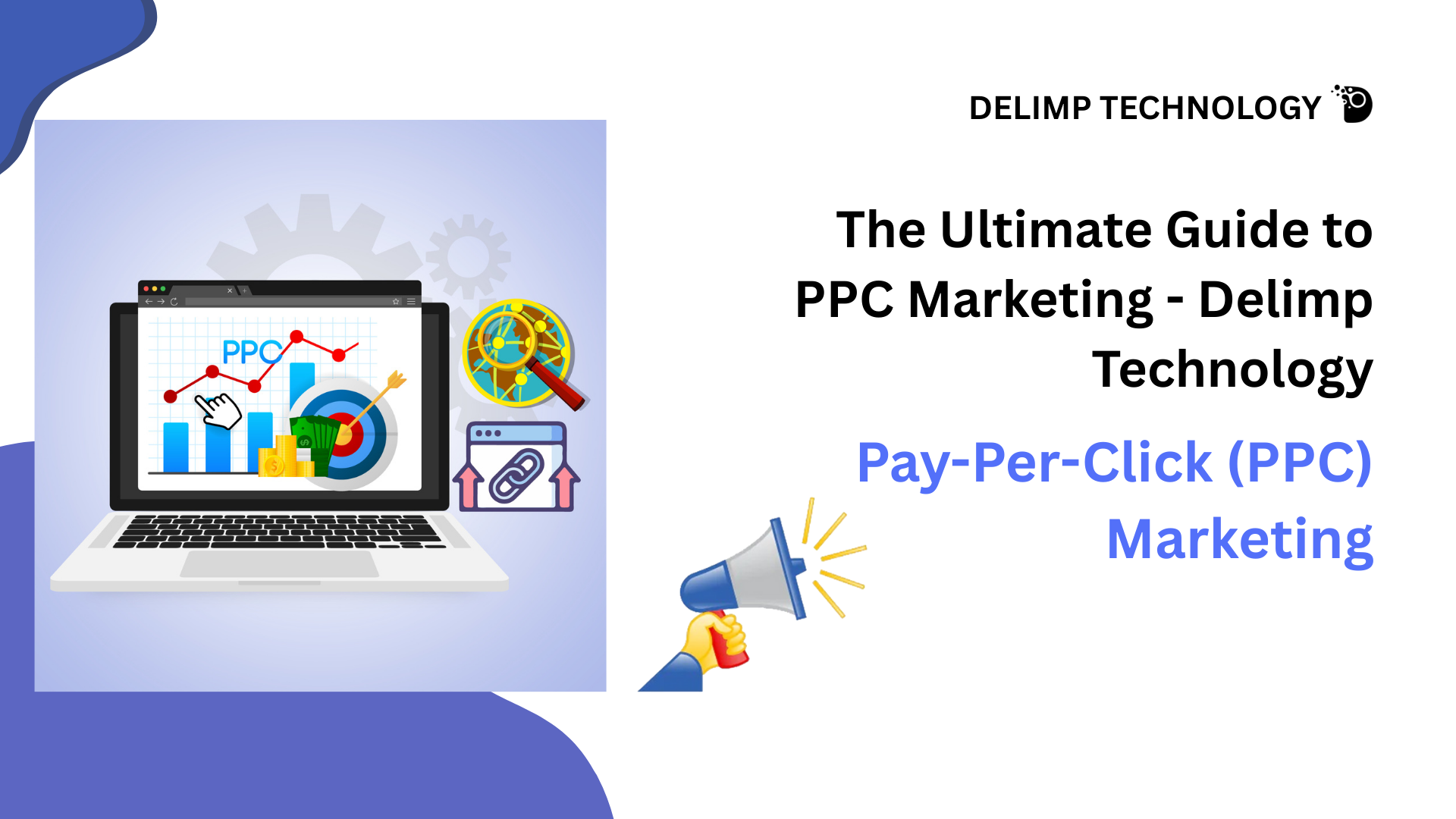When it comes to search engine optimization, not all CMS platforms are made equal. These eight methods will assist you in excelling at SEO Benefits and ranking in search engines.
Aside from your product catalog, your content is most likely the most significant aspect of your website. It encourages individuals who have no idea who you are to visit your website, learn about your firm, and maybe find out what things you have to offer that they might be interested in.
But they won’t read your material unless they can discover it in the first place, which is challenging with billions of indexed pages. If you want to make money from your website, you must drive organic traffic through search engines, which can only be accomplished through strong search engine optimization (SEO) strategies.
A content management system (CMS) will help you accomplish many things effectively to guarantee a consistent flow of material on your site, but if you’re focused on SEO, the eight systems we’ve assessed are especially good for this purpose.
What to Look for In a Great Content Management System for SEO?
Content management systems provide many useful CMS capabilities, but one area where they fall short is SEO. Some are concerned with your website’s structure and its ability to crawl and rank in search engines, while others are concerned with your ability to optimize content. If SEO is your primary priority for your business website, check for these three features in a CMS platform.
1. Page Optimization
The capacity to build SEO-friendly pages and formats is at the heart of any effective CMS system, especially when it also lets you design the website rather than just manage the content. Look for a solution that can generate HTML pages that search engines can readily crawl or that can generate SEO-friendly permalinks while developing your site.
This is especially critical if you aren’t familiar with SEO. Making ensuring your site’s structure is SEO-friendly, for example, may make all the difference.
2. SEO Tools
It’s also beneficial if the platform has a plethora of other tools and features that may assist you to improve the SEO of your website. Some systems give their tools, while others allow access to third-party capabilities that you may use.
3. SEO Support
Customer assistance in the field of SEO is especially vital if you’re completely new to the concept of SEO Benefits or just don’t trust your knowledge. A platform that offers some personalized coaching or other types of assistance is a big plus and will allow you to focus on other things.
Our top 8 options for SEO Benefits content management systems
We have examined several outstanding CMS systems, but if you’re searching for one that excels in SEO Services in Dubai, here are the eight greatest to select from.
1. Word Press Cms
WordPress is a major website-hosting provider, and its SEO-friendly CMS platform shines in this area. WordPress is especially geared for SEO, generating HTML pages that search engines can readily understand as well as permalinks. It takes care of a lot of the backend work so you can focus on your content, and it also provides free interfaces with other SEO tools.
2. Hub Spot CMS
HubSpot is an easy-to-use CMS that takes care of page analysis and customized coaching for SEO newbies. You may use this program to accept its recommendations and regularly adjust your website to improve how you rank in search engines as you develop your content collection.
Ranking high requires a lot of work and experimenting, so having experienced people practically hold your hand through the process is beneficial.
3. Go Daddy Website Builder
GoDaddy provides SEO tools as part of its Websites + Marketing package. You may access an SEO wizard by clicking on a drop-down menu, which proposes keywords and phrases and instantly populates your site with the appropriate titles and meta tags. You’ll still need some SEO understanding to get the most out of it, but it’ll give you a good start.
4. Drupal
The SEO Tools module in Drupal assists with reporting, analysis, and optimization. The dashboard includes analytical tools that will show you how you’re doing and provide you with suggestions on how to improve your SEO strategies to get higher rankings. This module allows you to control auto-linking, reporting, tagging, keyword extraction, and other feature
5. Weebly
Weebly provides useful material for SEO newbies, including an SEO checklist you can use to ensure you’re doing everything correctly while building your website and populating it with content. Getting Started, Keyword Research, Growth, and Tracking are the four sections of the Ultimate SEO Guide. You may create your thorough SEO strategy using this advice.
6. Wix
Wix is recognized for its easy platform that allows anybody to create a clean and professional-looking website from scratch, but it also features SEO capabilities. Wix helps with search engine rankings by making webpages load rapidly, assisting with mobile optimization, and having the site featured in Google within a minute. A robots.txt editor, SEO patterns, and structured data are some advanced SEO capabilities.
7. Squarespace
Squarespace, like Wix, is recognized for assisting businesses in creating their websites from scratch. It also contains SEO-friendly features like an automatically produced sitemap, SSL certificates, automated tagging, and clean URLs to help your site rank higher.
These are the fundamentals that will prevent search engines from penalizing you for lacking a meta tag or whatever else. You may, however, utilize the Search Terms tab to identify keywords that are driving traffic.
8. Kentico
Kentico’s Xperience platform is designed to increase visitors through excellent SEO strategies. This includes the automated generation of URLs that are crawler-friendly, optimized HTML code, and adherence to essential web standards. The Kentico dashboard’s “settings” area has links to SEO tools.
You Need an SEO Plan
Effective website maintenance requires good SEO. A CMS for small businesses provides tools to assist you, but you cannot rely entirely on it; you must educate yourself about SEO.
Software systems cannot design an SEO Benefits strategy for you, let alone one that is tailored to your specific business needs. Begin drafting your own strategy based on what you know about your company’s requirements.
First, ask yourself some questions about the type of search traffic you want. Should you target a broad audience or concentrate on local SEO? How much time should you devote to keyword research each week? How much more internet traffic do you require to meet your objectives? Then, research Best SEO Agency in Dubai Examine your website to verify if your content and website structure adhere to these recommended practices. Then design a strategy for future enhancements.





